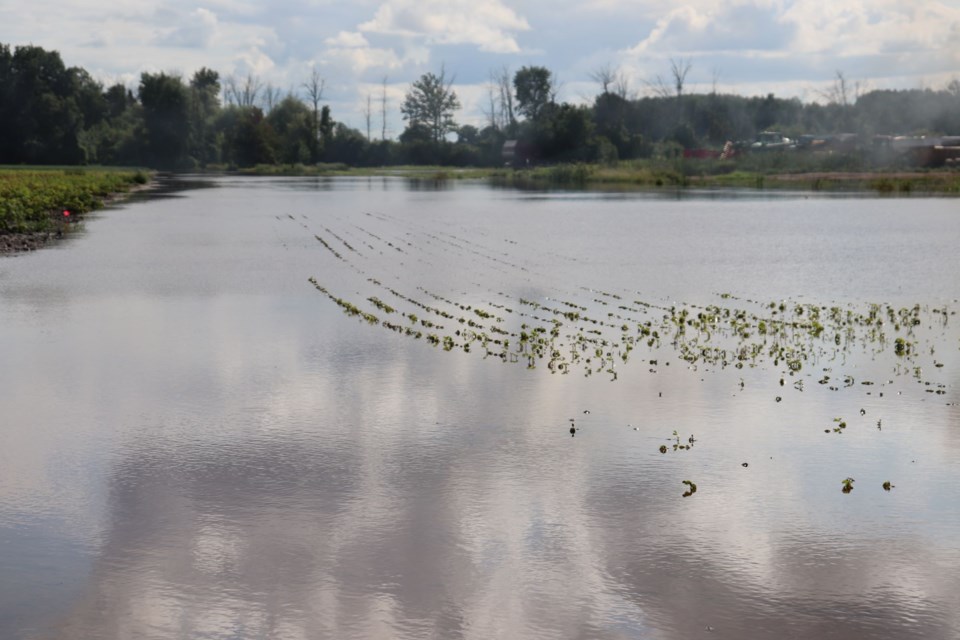Flamborough-Glanbrook MPP Donna Skelly is taking Hamilton’s upcoming stormwater fees to Queen’s Park this year.
The program, also called the “rain tax” by some, would charge businesses and residences with non-absorbent surfaces, like pavement and buildings, for the upkeep of stormwater collection systems, like sewers, ditches and culverts.
The fees go into effect in Hamilton April 1, 2026, but other municipalities already have fees. Some of those municipalities exempt agricultural land while others don’t.
Skelly says the rules should be the same across the province.
“A province-wide exemption to agricultural lands from stormwater fees across the province would provide consistency across the province and reduce competitive disadvantage,” Skelly wrote.
Skelly has vocally opposed the city applying those fees to agricultural land. In a private member’s motion from Dec. 10, 2024, Skelly calls on the Minister of Municipal Affairs and Housing to stop stormwater fees from applying to agricultural properties
“Charging our agricultural properties a stormwater fee for services they don’t use is unfair and outrageous,” Skelly wrote in a statement.
Drew Spoelstra, president of the Ontario Federation of Agriculture and Hamilton farmer said the 38,000 family farm members his group represents back the MPP's motion.
Money collected from the fees will be used to pay for the upkeep of Hamilton’s sewer system, which rural residents do not have access to.
Ward 13 Coun. Alex Wilson previously told FlamboroughToday that rural areas still have stormwater-related costs.
The councillor said rural ditch and drain clearing costs the city around $3 million a year, and rural property owners only foot half of that bill through their property taxes.
Wilson has also shown support for an agricultural land exemption during past discussions of the fees.
Many farm owners have their own systems for managing stormwater runoff, like rain barrels, bioswales and drainage ponds. Those features factor into a proposed credit system, which would lower fees significantly.
Flamborough farmer Daniel Vanderhout told council in June that his family’s business, Beverly Greenhouses, were initially given an estimate of $86,972 per year for the fees.
With the credit system, those fees could be lowered into the low thousands, but Vanderhout said that isn’t enough.
In Skelly’s statement, she said properties in urban areas would be charged hundreds of dollars, compared to rural and agricultural properties, which will see bills in the thousands.
Vanderhout shared concerns that farmers will be pushed out of the Hamilton region.
“The current program unduly burdens agricultural properties and fails to satisfy the guiding principles laid out by council,” Vanderhout said.

